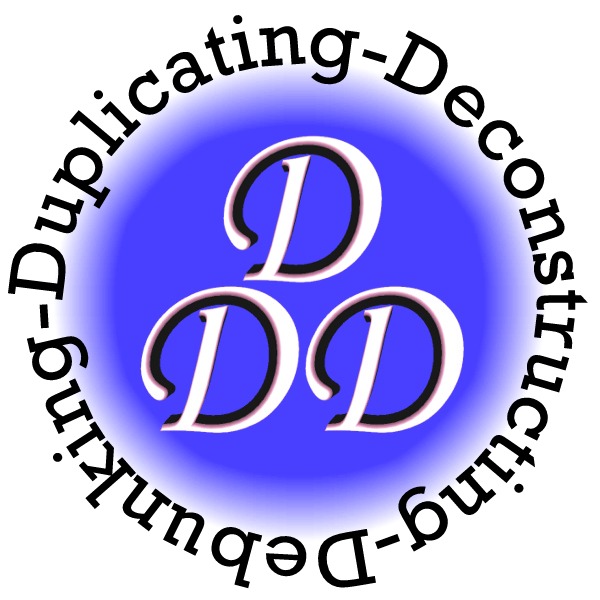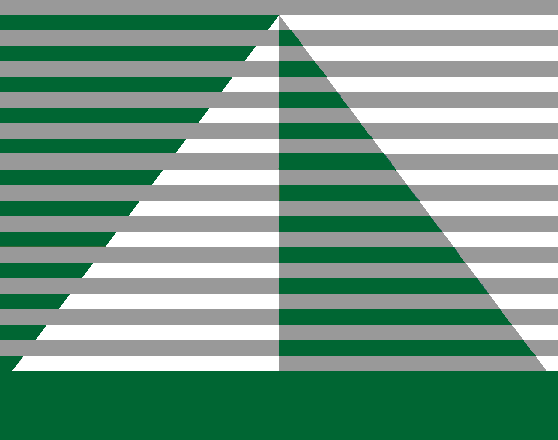
WDDD 2004
Third Annual Workshop on Duplicating, Deconstructing, and Debunking
Munich, Germany
June 19-20, 2004
Held in conjunction with the 31st International Symposium on Computer
Architecture (ISCA-31) 

|
WDDD 2004Third Annual Workshop on Duplicating, Deconstructing, and DebunkingMunich, Germany
Held in conjunction with the 31st International Symposium on Computer
Architecture (ISCA-31) |

|
`One workshop at ISCA 2002 stands out from the others, if only
because of its name: the "Workshop on Duplicating, Deconstructing,
and Debunking," scheduled for May 26. This workshop provides
a forum for work that validates, explains, and sometimes
contradicts previous research. It could be the most entertaining
portion of the whole symposium. For more information, visit
pharm.ece.wisc.edu/wddd.' -- Microprocessor Report, March 2002
NOTE: These dates are now finalized. No extensions will be granted due to a very short review cycle.
| Abstract due: Submission: Acceptance: Final version: |
April 23, 2004 April 30, 2004 May 17, 2004 June 7, 2004 |
Traditionally, computer architecture conferences and workshops focus almost exclusively on novelty and performance, neglecting an abundance of interesting work that lacks one or both of these attributes. A significant part of research-in fact, the backbone of the scientific method-involves independent validation of existing work and the exploration of strange ideas that never pan out. This workshop provides a venue for disseminating such work in our community. Published validation experiments strengthen existing work, while thorough comparisons provide new dimensions and perspectives. Studies that refute or correct existing work also strengthen the research community, by ensuring that published material is technically correct and has sound assumptions. Publishing negative or strange or unexpected results will allow future researchers to learn the hard lessons of others, without repeating their effort.
This workshop will set a high scientific standard for such experiments, and will require insightful analysis to justify all conclusions. The workshop will favor submissions that provide meaningful insights and point to underlying root causes for the failure or success of the technique under investigation. Acceptable work must thoroughly investigate and clearly communicate why the proposed technique performs as the results indicate.